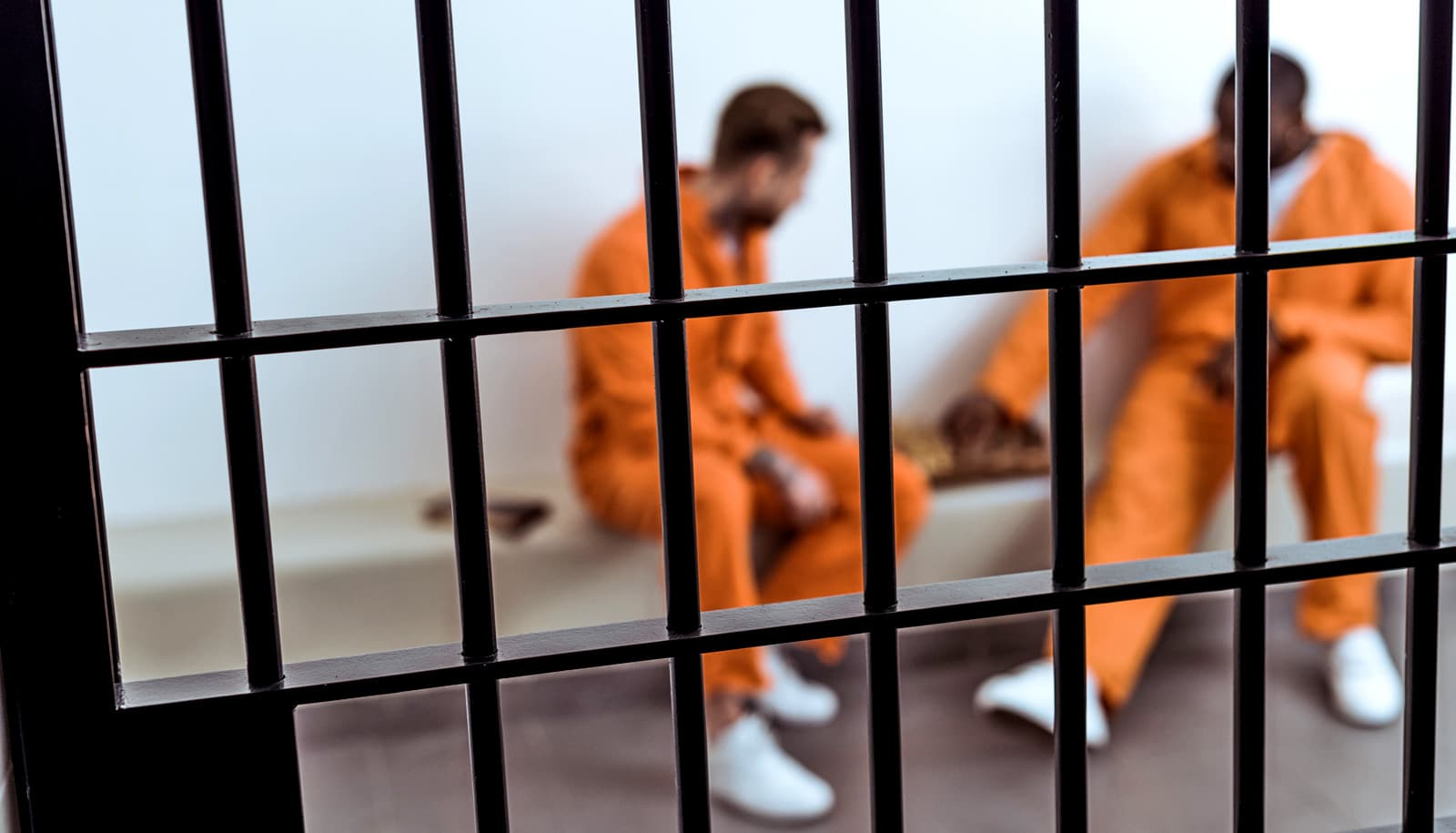Of the four million prisoners released each year, 23 percent suffer from depression but don’t receive treatment while incarcerated, according to a new study.
They often rejoin society in worse mental shape than before their incarceration, which the right care could have prevented. Now researchers have come up with an effective way to change things and improve mental health in prisons.
Researchers tested the effectiveness of interpersonal psychotherapy for inmates battling major depressive disorder, or MDD, as a strategy to bring affordable treatment into a prison setting.
“About 15 million people have some connection to the criminal justice system each year in the United States,” says Jennifer Johnson, professor of public health in Michigan State University’s College of Human Medicine and lead author of the paper, which appears in the Journal of Consulting and Clinical Psychology.
“Most of us have friends, family, or neighbors who have been through this system. The fact we’ve waited until 2019 to conduct a trial like this means we’ve understudied and underserved a huge population.”
About 2.3 million people go to prison every day, and if they suffer from depression, addiction, or other disorders, they often don’t get the help they need. State legislatures determine funding for mental health care, which often leaves prisons understaffed and under-resourced, Johnson says.
Interpersonal psychotherapy
To address the issues of care and cost, researchers trained a team to treat 181 inmates through interpersonal psychotherapy, or IPT. The team included master’s level health therapists working in the prisons and bachelor’s level re-entry counselors.
This allowed researchers to extend the reach of counselors and care without having to hire new mental health professionals, which kept costs down.
IPT is one of the most effective forms of therapy because it addresses difficult life events, which consistently burden prison populations, Johnson says.
People in prison commonly experience traumatic and challenging experiences—such as assault, abuse, poverty, death of loved ones, and loss of family members, children, and friends.
“When practicing IPT, you go back to when someone’s depressed mood began and talk about what was going on in their life at that time,” Johnson says. “IPT deals with relationships, feelings, conflicts with others, life changes, and grief. Using this therapy, you’re helping people feel and express emotions, and problem-solve with them in ways to improve communications or improve relationships that address the original problem.”
Low cost, high impact
Counselors worked in a group-setting with inmates twice a week for 10 weeks, which reduced the cost of treatment. They individually assessed inmates at the beginning of the trial, after the trial ended, and then three months later to see if the therapy had a lasting impact.
“As compared to the usual treatment prisons offer, IPT reduced depressive symptoms, hopelessness, and PTSD symptoms and was better at ending cases of major depression,” Johnson say.
Using IPT proved a low-cost intervention as well. Once counselors are trained and supervision is no longer needed, it costs about $575 per patient—significantly less than treatment options outside of prison, she says.
“This is the first large randomized study for major depression ever conducted for an incarcerated population, one that found an effective and cost-effective solution,” Johnson says. “This method could drastically improve the mental well-being of people while in prison—and when they re-enter the world.”
Source: Michigan State University



